Celebrate our tenth anniversary with the biggest issue we’ve ever made. FLOOD 13 is deluxe, 252-page commemorative edition—a collectible, coffee-table-style volume in a 12″ x 12″ format—packed with dynamic graphic design, stunning photography and artwork, and dozens of amazing artists representing the past, present, and future of FLOOD’s editorial spectrum, while also looking back at key moments and events in our history. Inside, you’ll find in-depth cover stories on Gorillaz and Magdalena Bay, plus interviews with Mac DeMarco, Lord Huron, Wolf Alice, Norman Reedus, The Zombies, Nation of Language, Bootsy Collins, Fred Armisen, Jazz Is Dead, Automatic, Rocket, and many more.

Gorillaz, The Mountain
Damon Albarn and Jamie Hewlett’s guest-packed ninth album is a different kind of Gorillaz record—frequently interior, occasionally existential, surprisingly heartfelt.

GENA, The Pleasure Is Yours
Karriem Riggins and Liv.e’s collaborative debut beautifully plays to both of their strengths, resulting in a colorful and delightfully laid-back collection of neo-soul and jazz-rap.

Iron & Wine, Hen’s Teeth
A heavier fraternal twin to 2024’s Light Verse, Sam Beam’s unlikely eighth album hums through the speakers like a quiet, sudden revelation.
Alex Swhear

Alexis Krauss and Derek Miller discuss overcoming new challenges and learning to channel the hyper-enthusiasm and lovable destructiveness of dogs for their new LP Bunky Becky Birthday Boy.
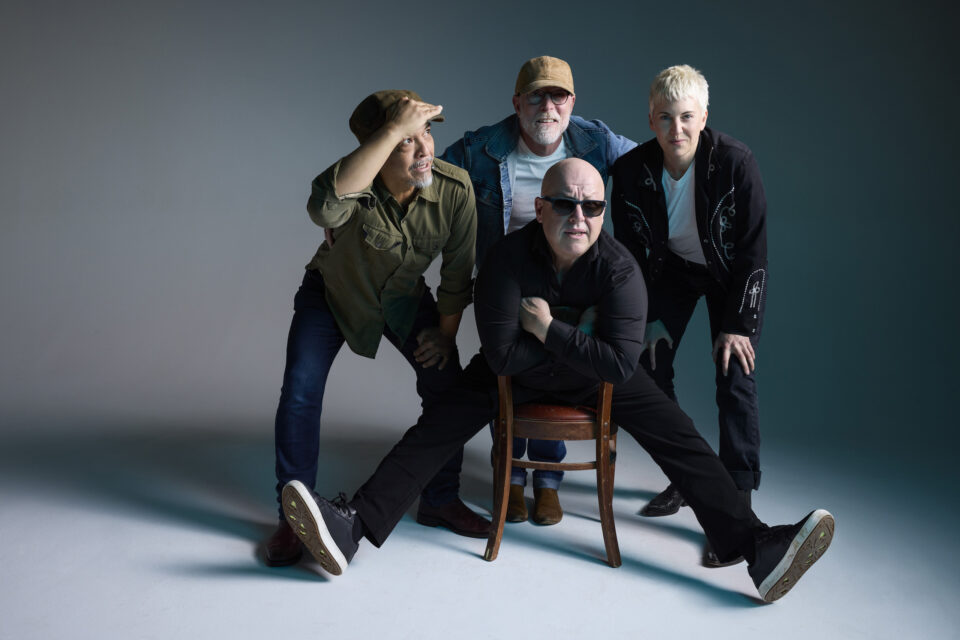
Pixies L-R: Joey Santiago (guitar), David Lovering (drums), Emma Richardson (bass, background vocals)
Seated: Black Francis (vocals, guitar)
Charles Thompson, Joey Santiago, and recently recruited bassist Emma Richardson discuss the band’s legacy and their newly released tenth album, The Night the Zombies Came.

In our latest Digital Cover Story, the North Carolina native discusses the unexpected optimism of her latest album All of This Will End.
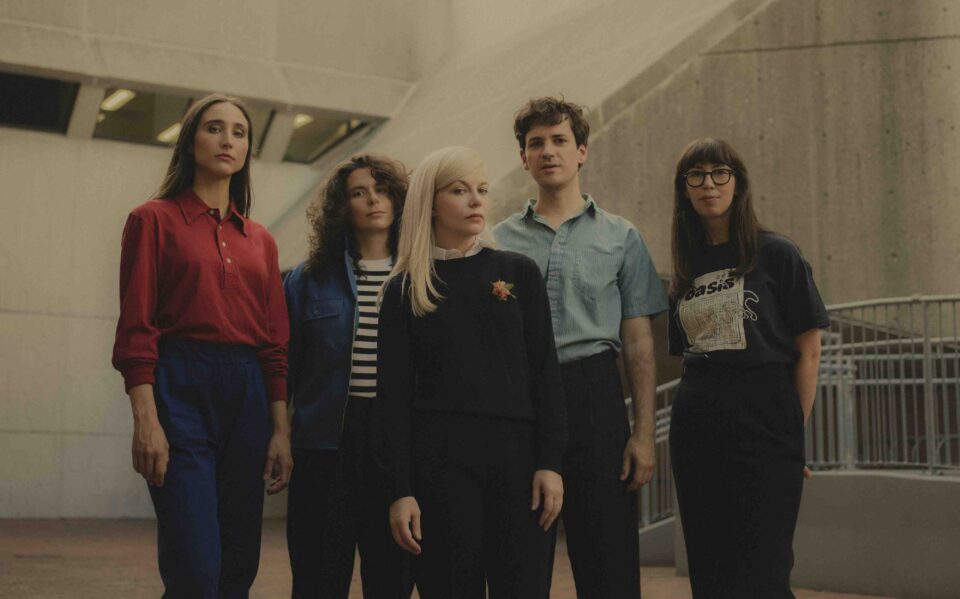
Molly Rankin shares how the Canadian dream-pop group avoided the tortured follow-up trappings Blue Rev’s lengthy gestation might have suggested.
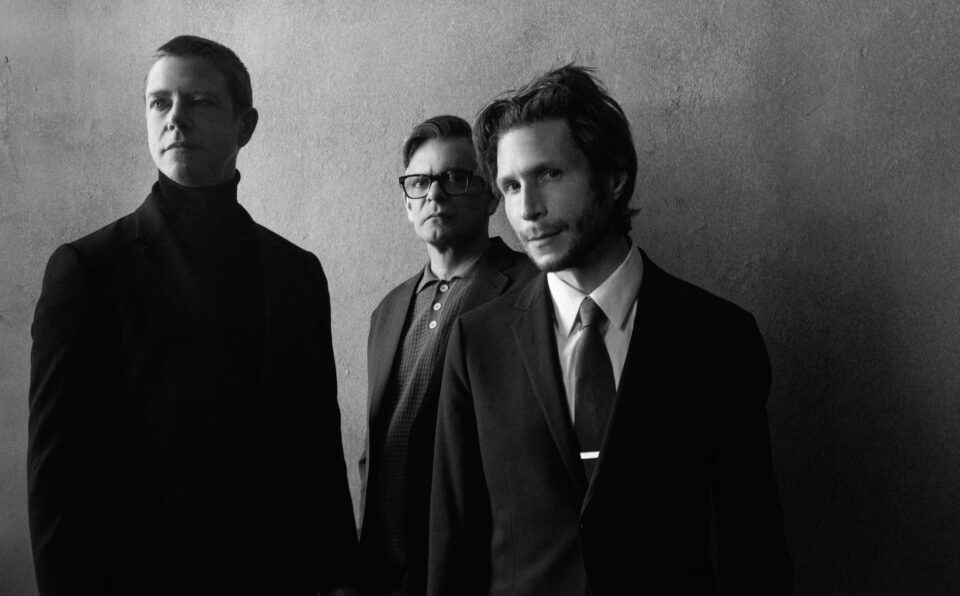
Paul Banks discusses maintaining an uplifting tone and keeping things fresh on the band’s seventh studio album.
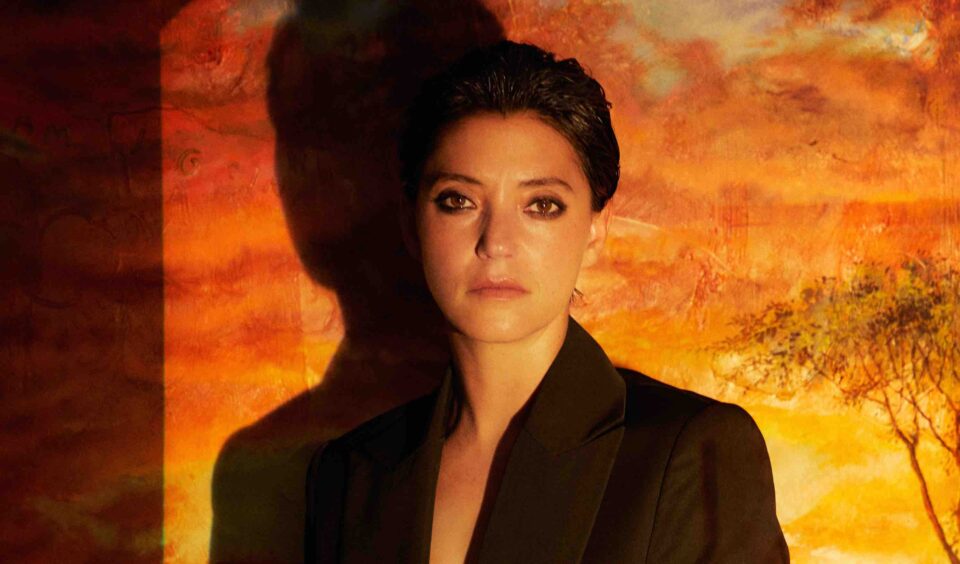
Van Etten shares how visions of a fiery apocalypse—and The Sandlot—inspired her dark(ish) sixth album.

The duo’s third album carries a palpable maturity and heft, a natural progression from their last two releases.
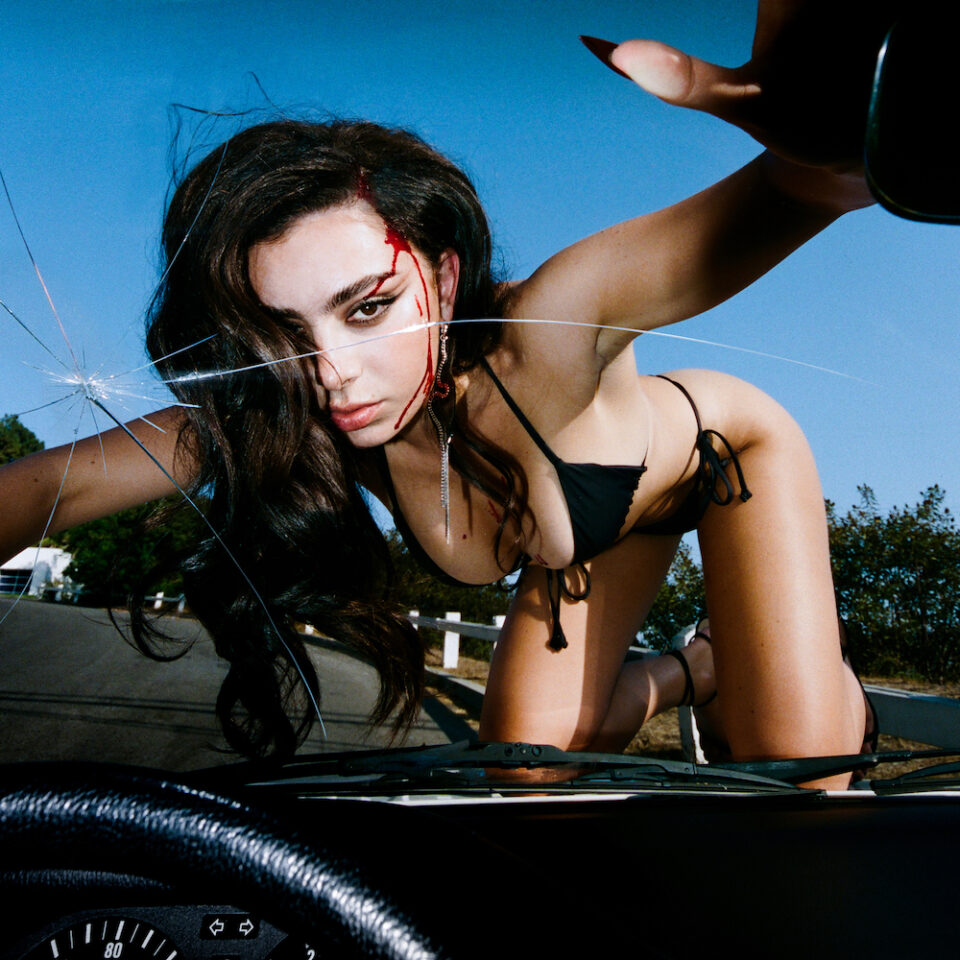
Her fifth studio album finds Charli cherry-picking her favorite pop tropes and refracting them through her own singular lens, exercising restraint while doing so.
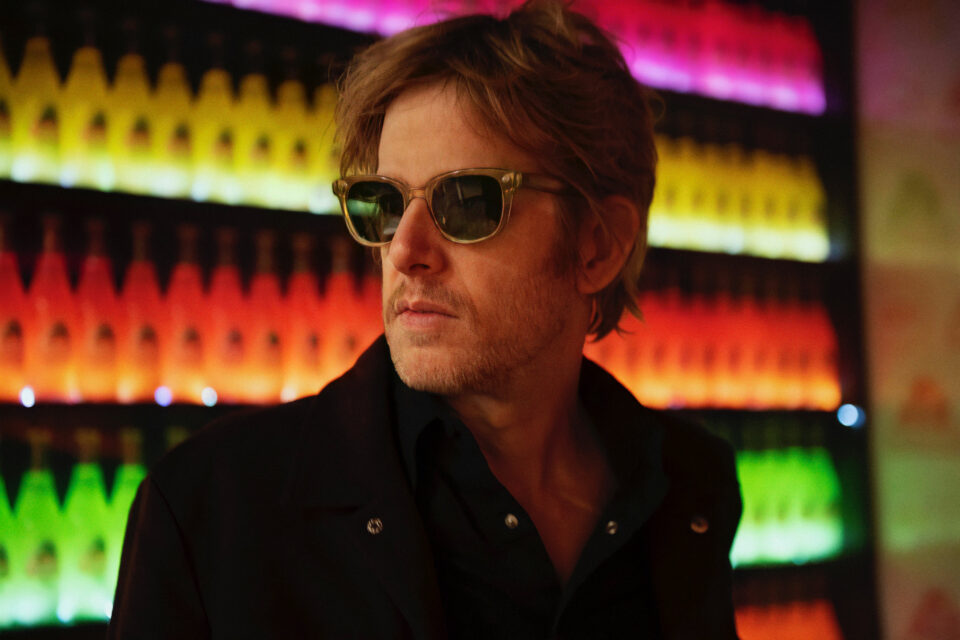
In our latest digital cover story, Britt Daniel shares how growing up hearing classic rock on the radio informed the band’s tenth album, Lucifer on the Sofa.
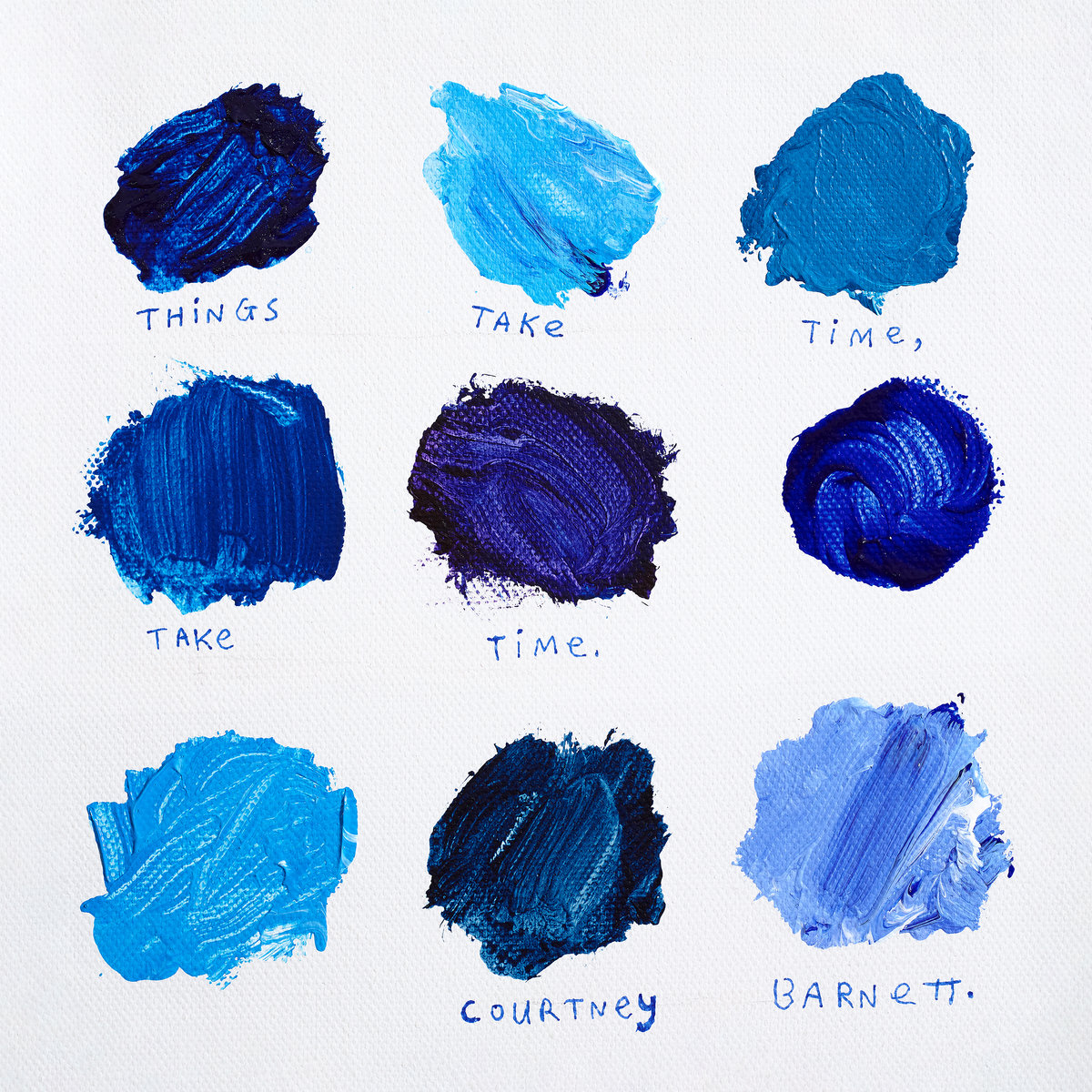
Barnett’s third solo record intermittently taps into her strengths, but it scans like a transitional record.
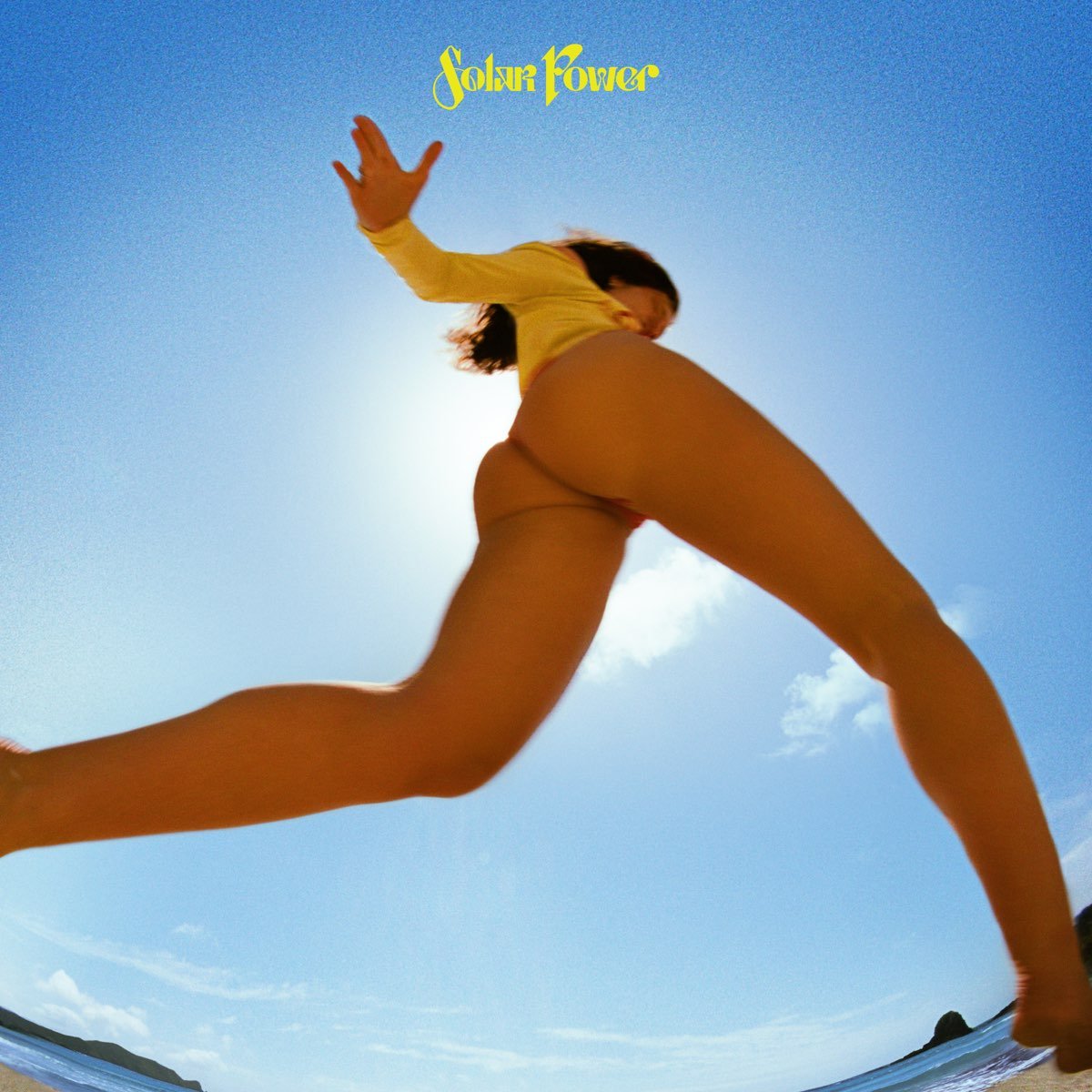
Too much of Lorde’s third album is carefree in attitude but too musically nondescript to leave an impression.
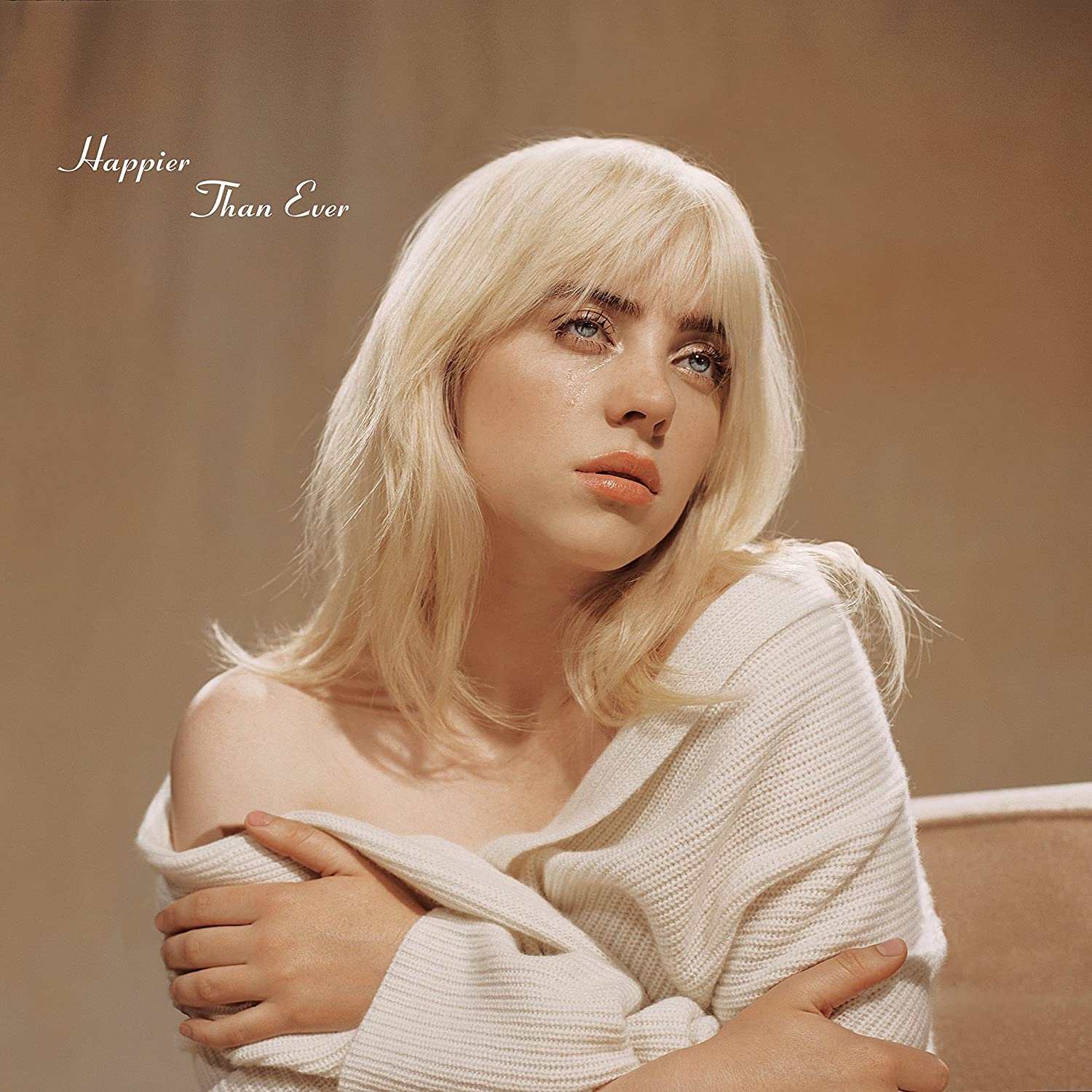
Eilish’s sophomore album looks inward to reckon with the aftershocks of her breakneck ascent.
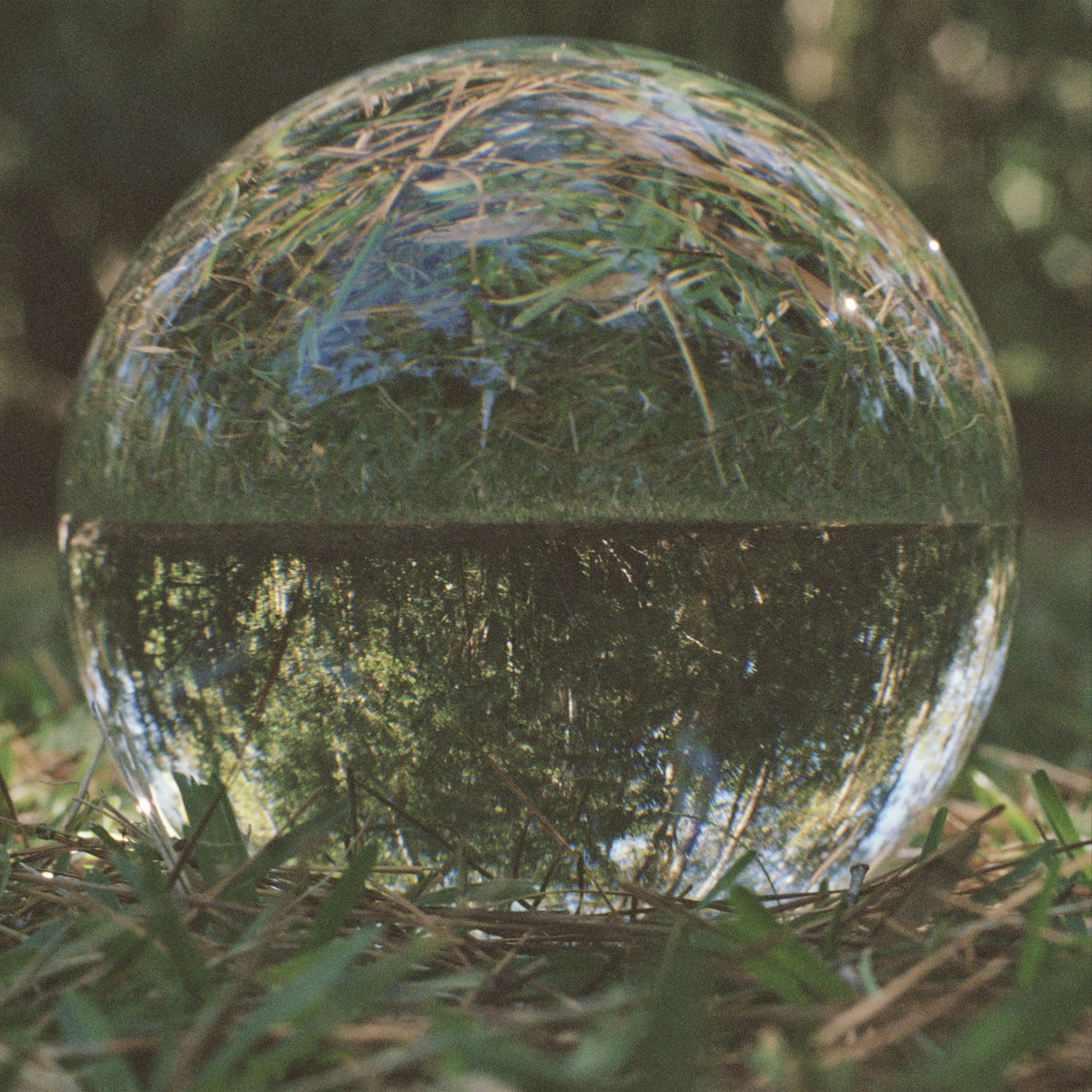
Nicolas Jaar and Dave Harrington crystallize what made their debut so impactful while offering enough new detours to avoid retread status.

Michelle Zauner’s third album scans as a breakthrough, even though this is a band well past the breakthrough stage.
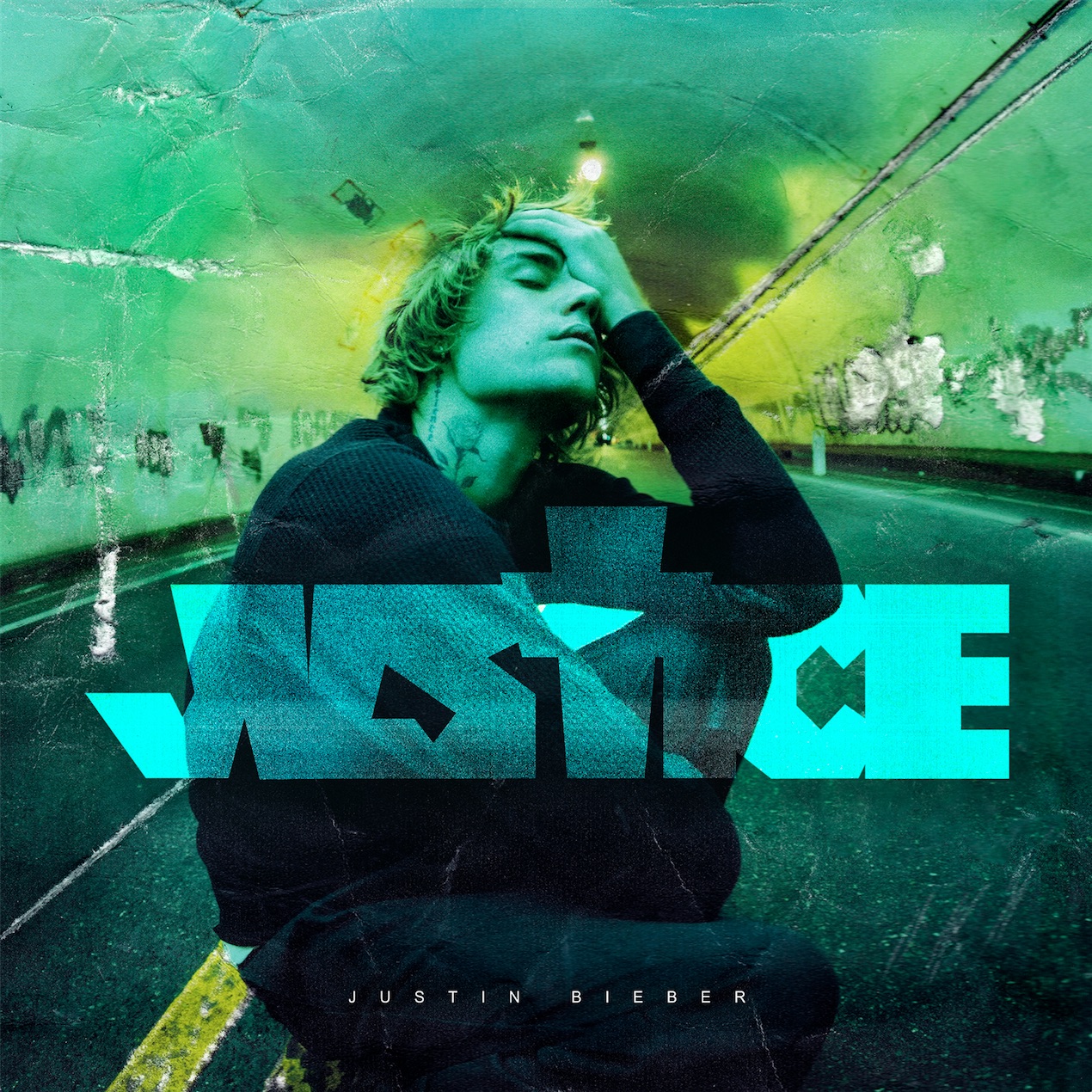
Bieber’s latest is a confident and disarmingly likable pop album.
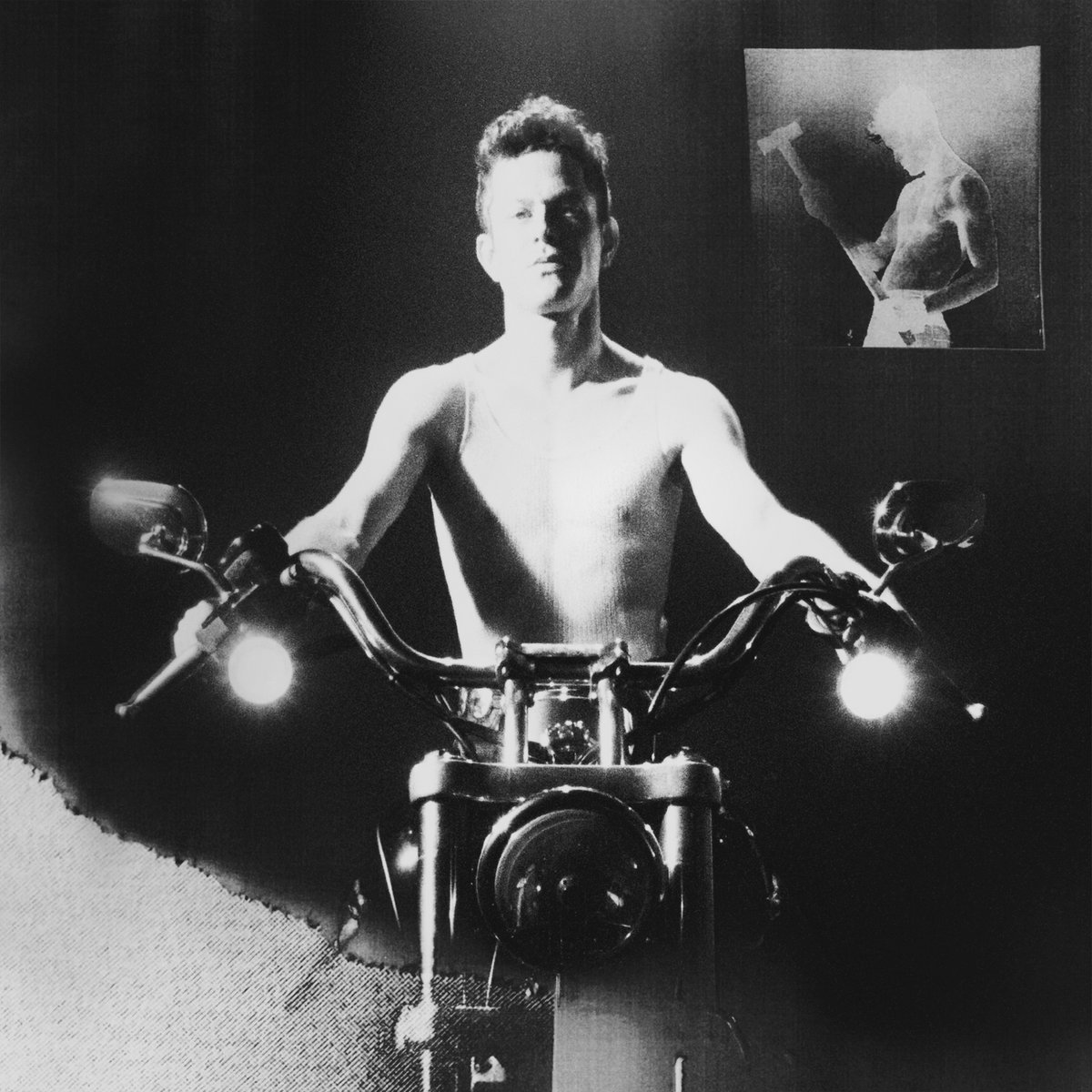
The material on Mike Hadreas’ most recent LP doesn’t always call for the fidgety approach applied to it here.
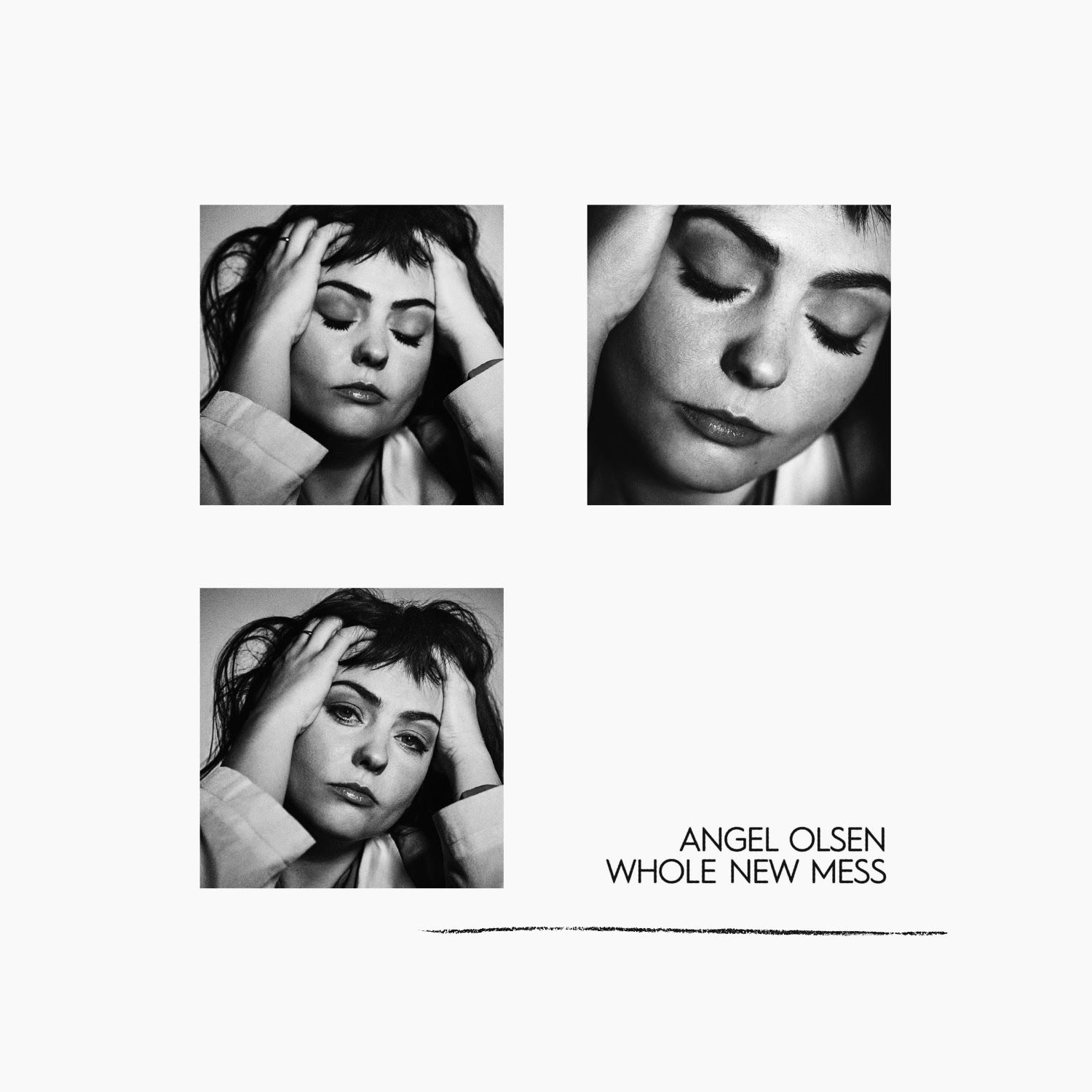
“Whole New Mess” rips the sheen and pageantry away from the “All Mirrors” tracklist.
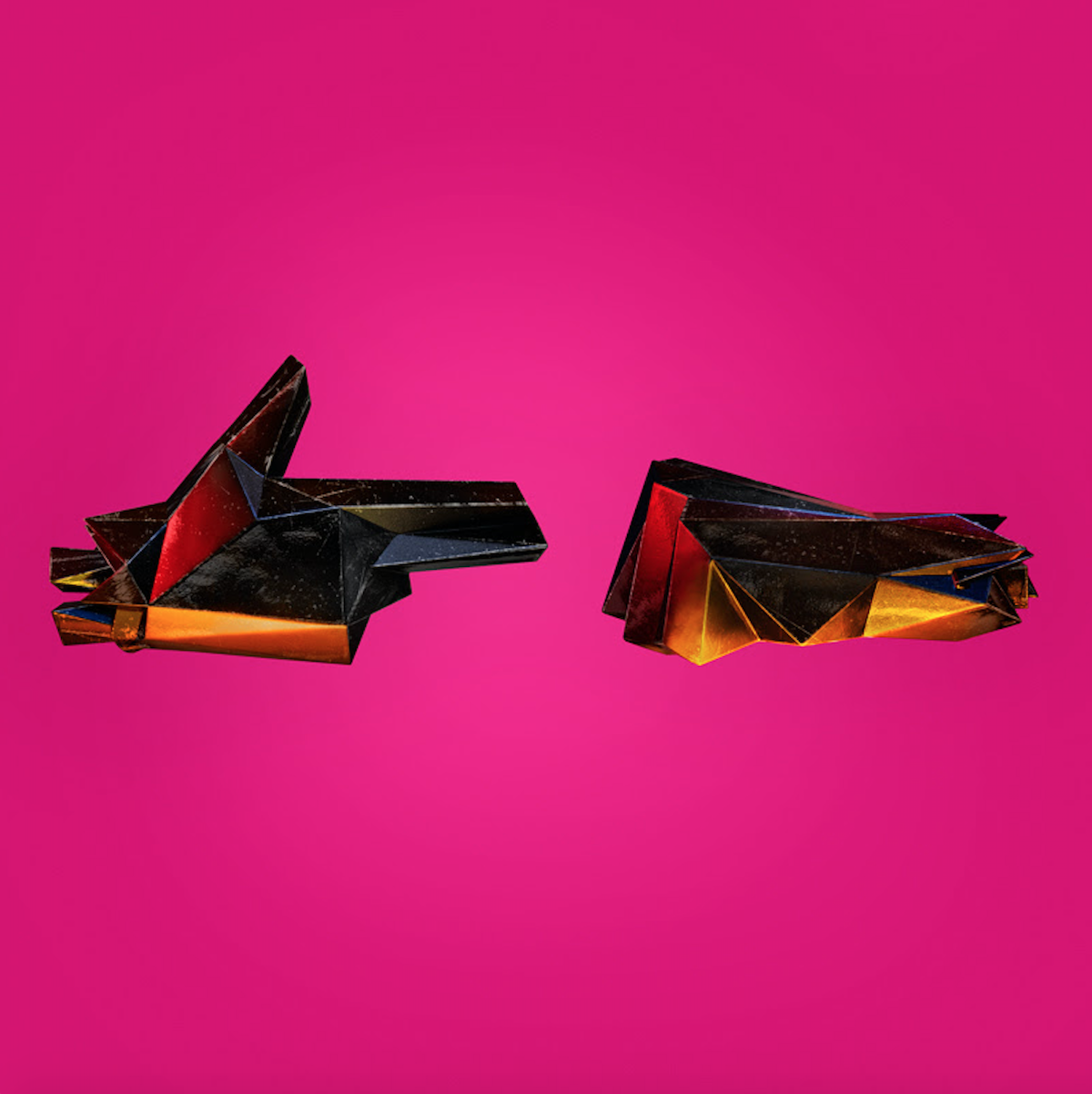
Killer Mike and El-P’s alchemy somehow sounds both pointedly different and substantially unchanged.
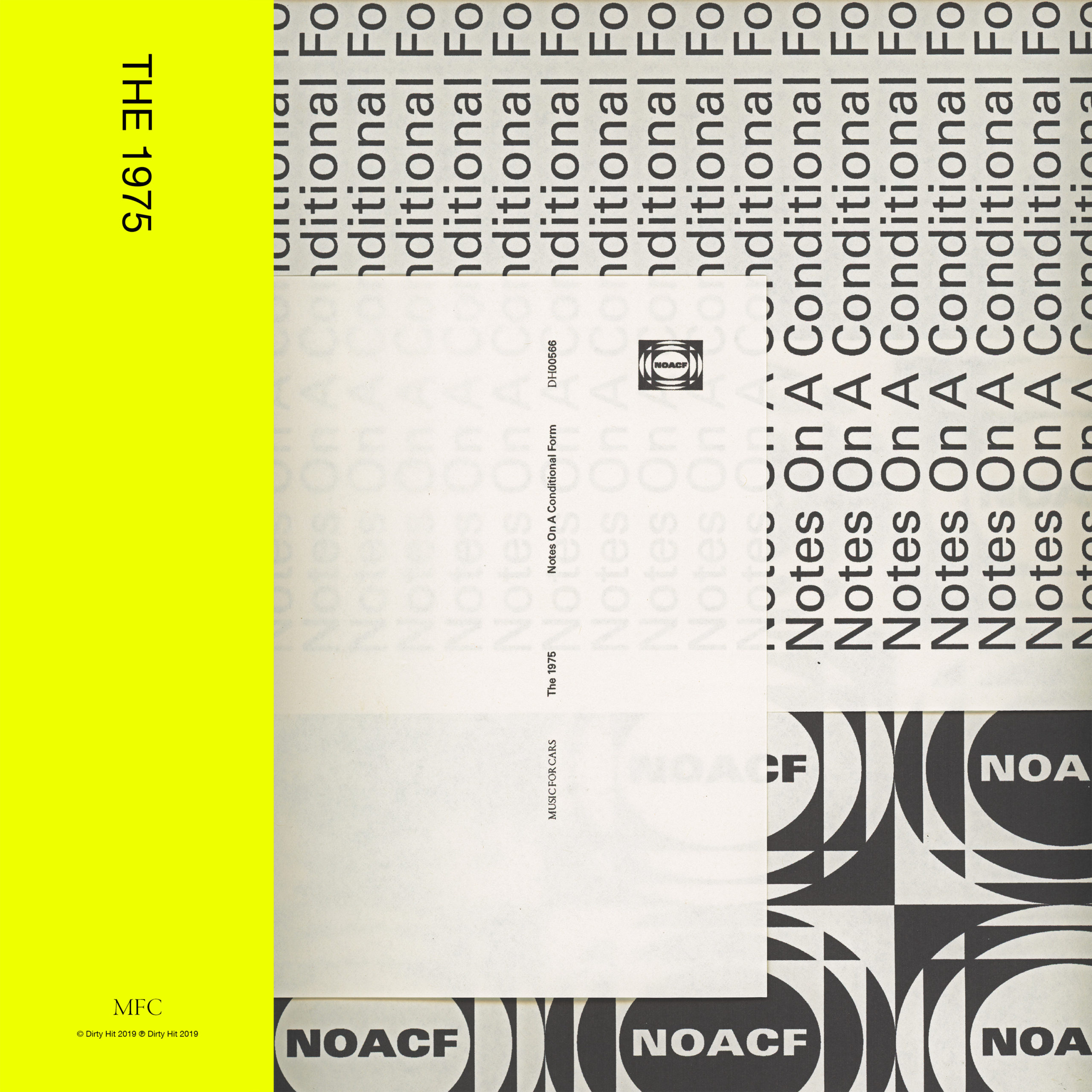
The fourth album from The 1975 is deeply troubled, bloated, and frequently brilliant.
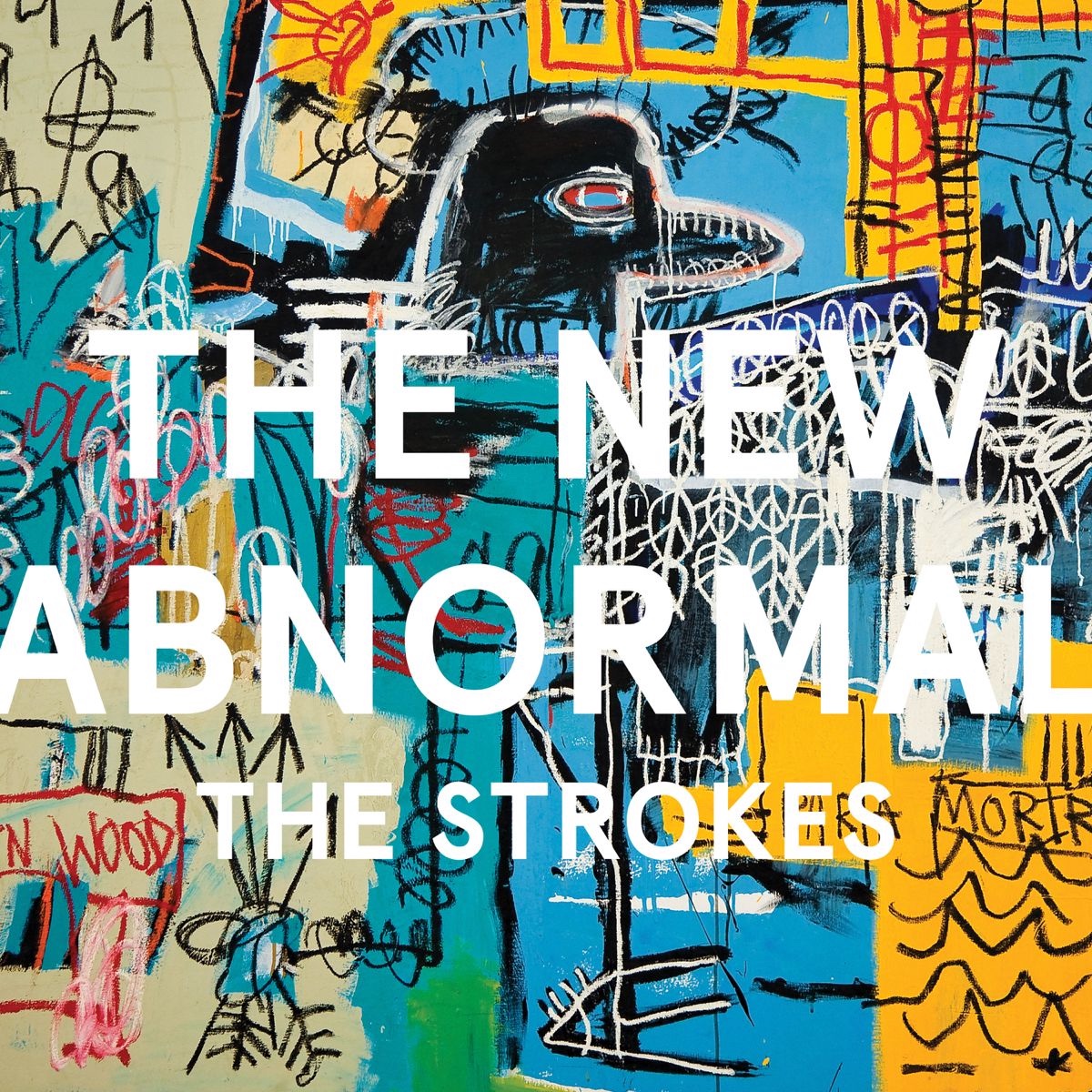
SHA-11
The Strokes’ sixth album doesn’t disrupt their complicated pattern of interesting failures and boring successes.



